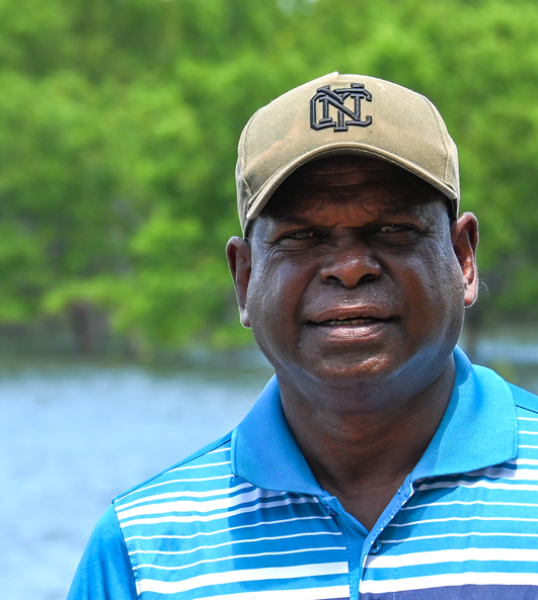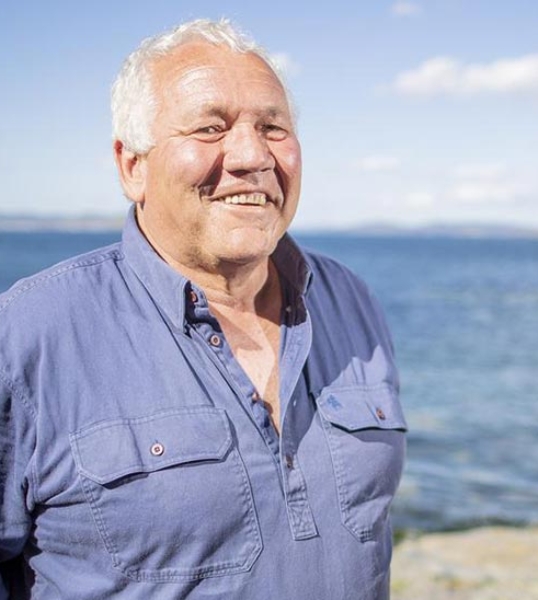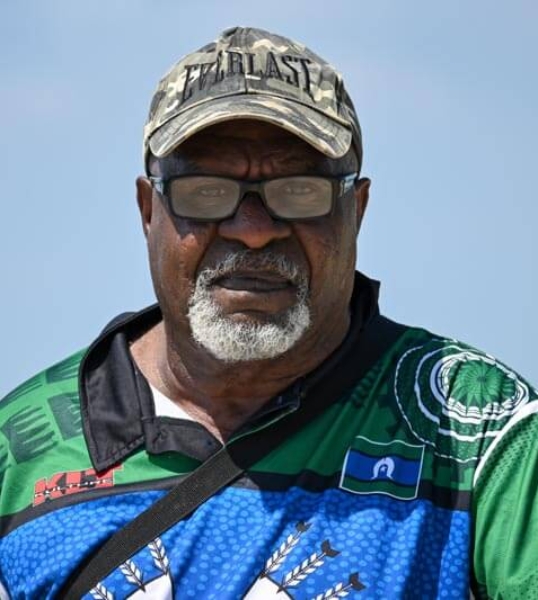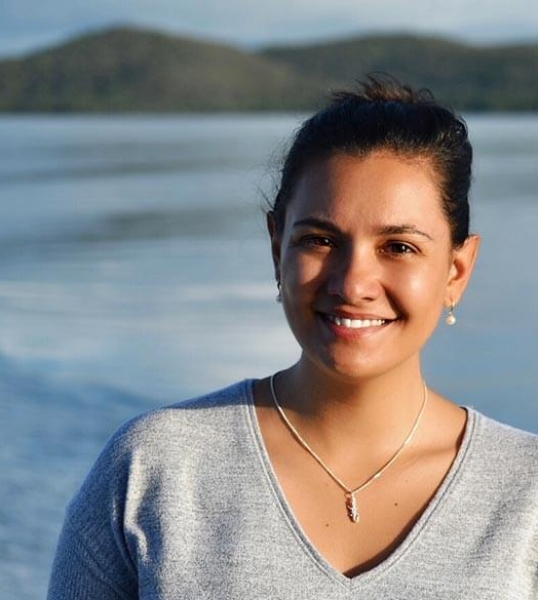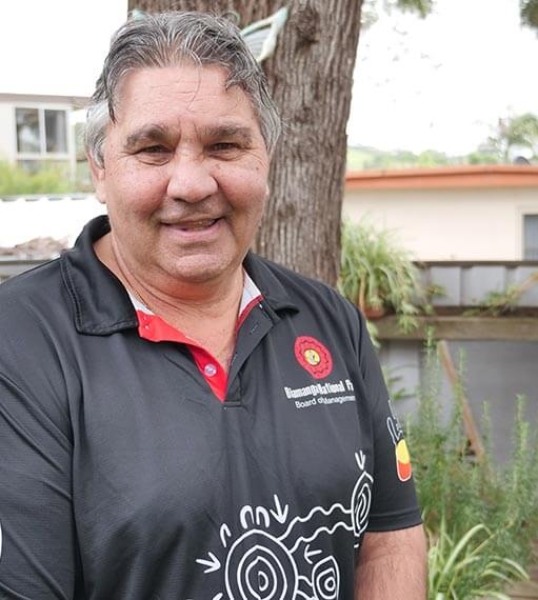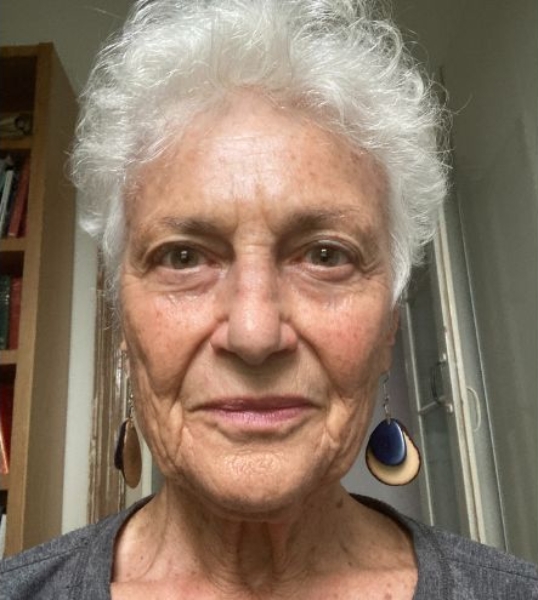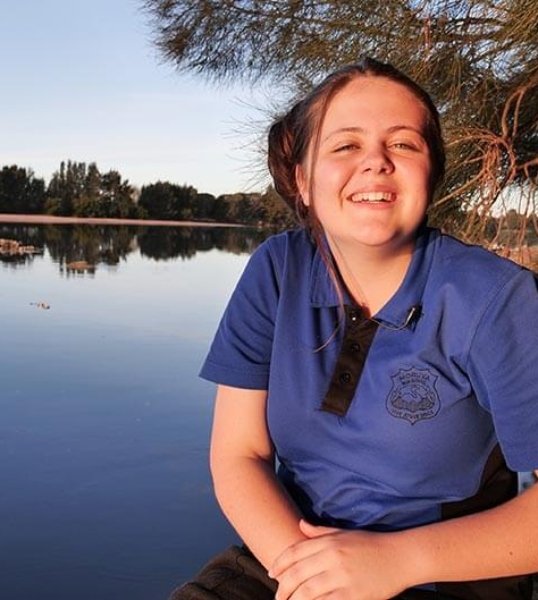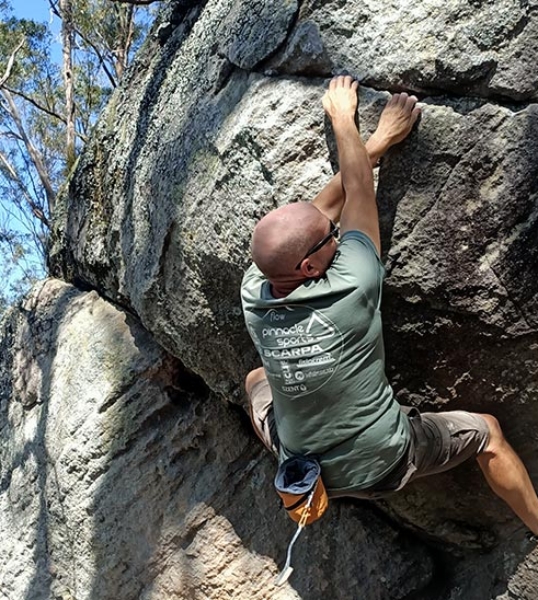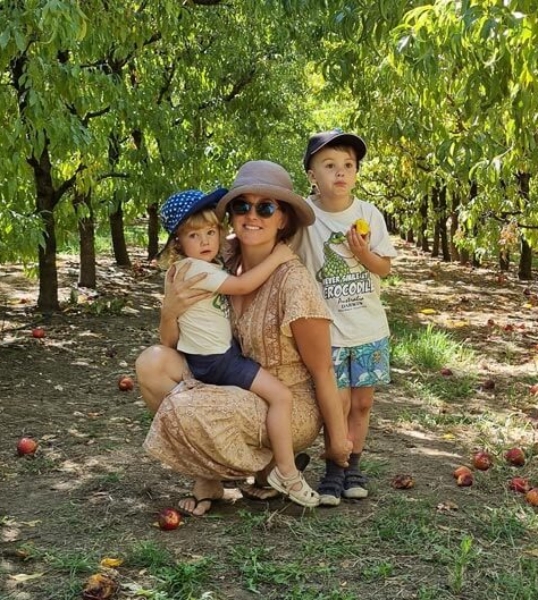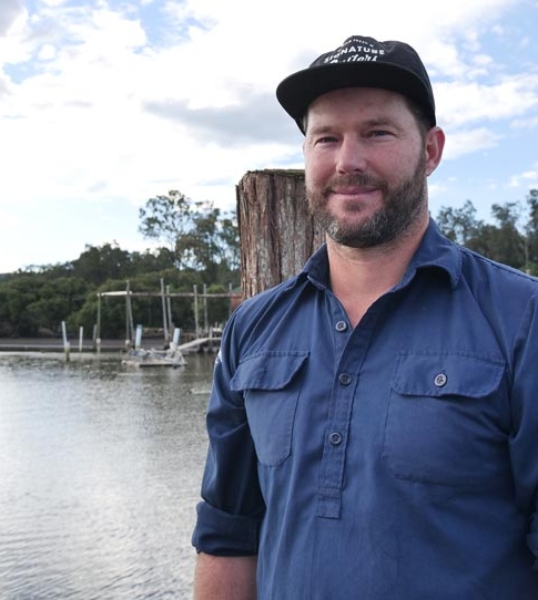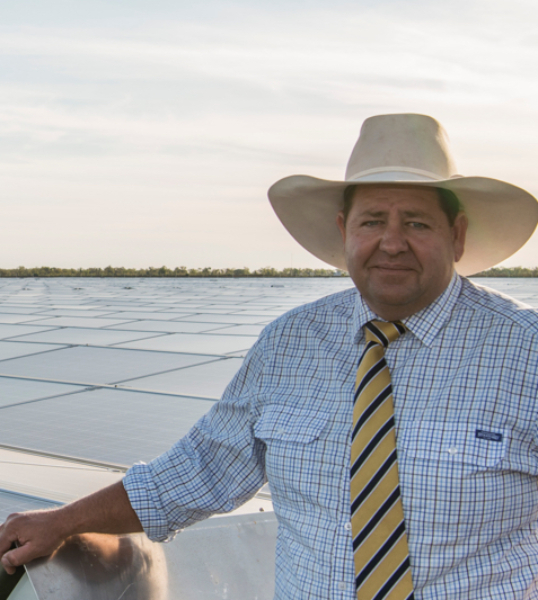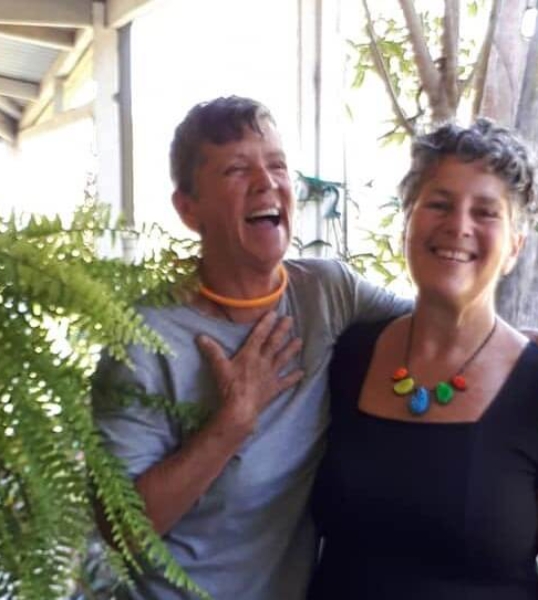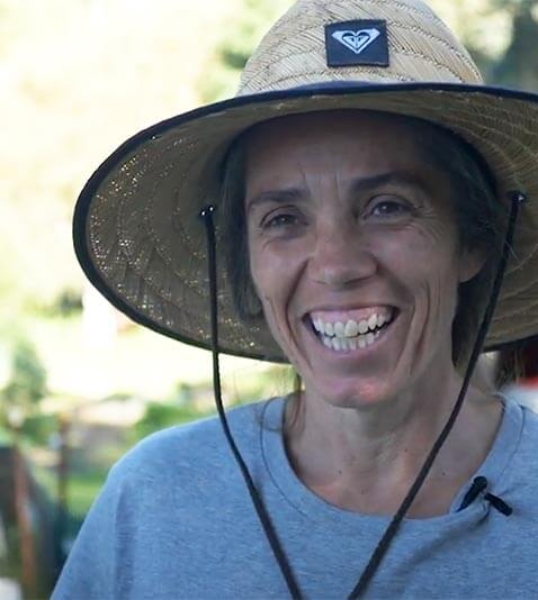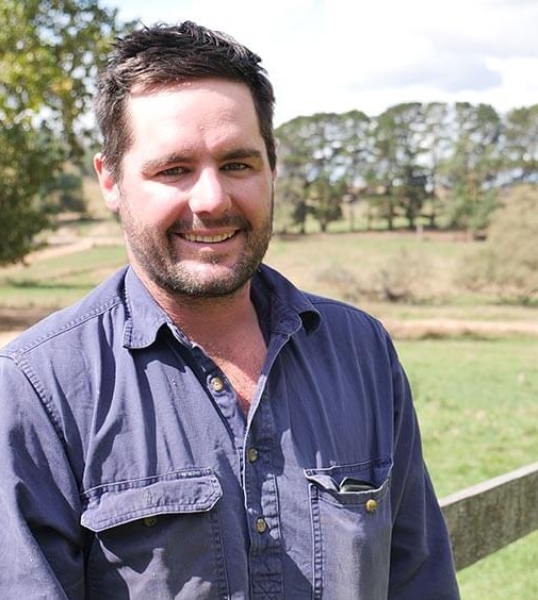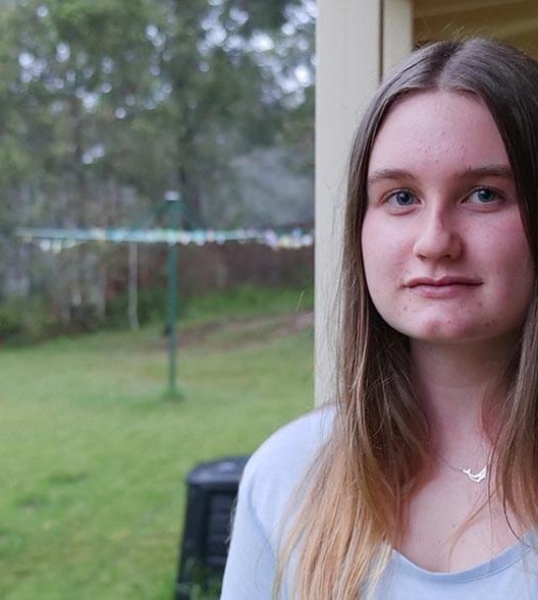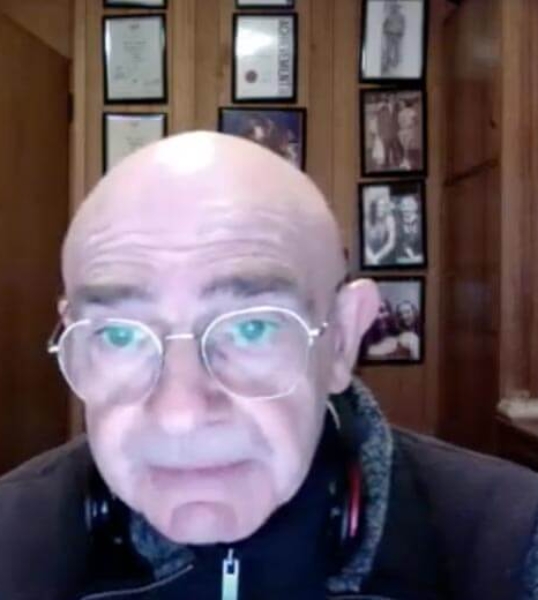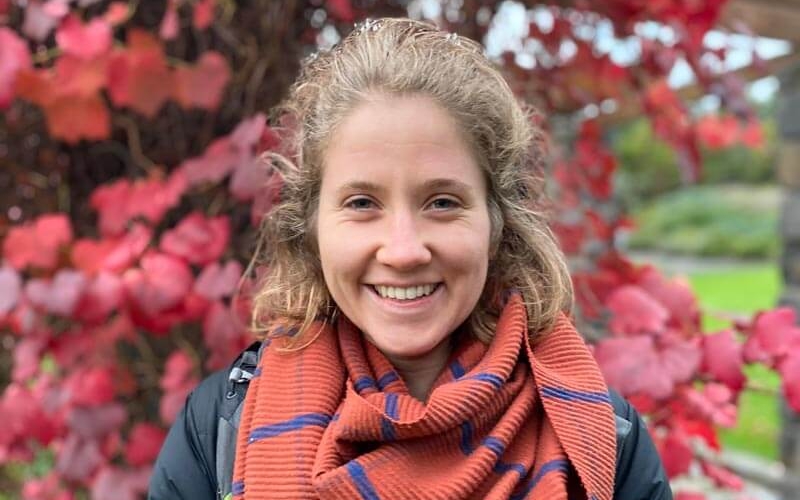
After a couple of days of a heatwave, we notice upticks in elderly patients presenting to emergency departments with falls, confusion, and dehydration.
Sydney, NSW
My name is Georgia Behrens. I’m a doctor in Sydney.
I was really interested in climate change and the environment before starting med school. And throughout my work, I’ve witnessed first-hand the detrimental impact that climate change has on people’s health.
It ranges from the obvious, such increased asthma exacerbations during bushfires, to more subtle and diffuse things. Look at diseases spread by mosquito, like Japanese Encephalitis. 25 years ago hardly anyone in New South Wales would even have heard of it, but we’ve had quite a few cases here this year alone. That’s because climate change is affecting the migration patterns of disease vectors like mosquitoes.
I am particularly concerned about the effect of climate change on our elderly population. We can already see the impacts, and our healthcare system just isn’t ready for when things get worse. Many elderly people worry about the impacts that climate change will have on their kids, but I worry about the impacts climate change has on them and how the healthcare system will cope.
After a couple of days of a heatwave, we notice upticks in elderly patients presenting to emergency departments with falls, confusion, and dehydration.
The classic patient will be an elderly lady who is taking diuretics and is on restricted fluids to treat chronic issues like heart failure or kidney failure. She’ll be living on the pension with a tight budget and so doesn’t want to turn on the air conditioner. She’ll think, “I’ve lived through lots of summers before and never needed any help.” But it’s hotter now and the heatwaves last longer.
She’ll push on through the summer, and stick to her fluid restriction and keep taking her diuretics, and in the end will end up quite dehydrated. She will then come to the ED because she’s very dizzy, or lethargic, or has had a fall. She might also have a kidney injury, and then she has to stay in hospital for a week, which leaves her weaker and less steady on her feet, and then she ends up staying another couple of weeks, and so on – and all because of the heat.
The heat also affects how we treat patients in the emergency room. If it’s too hot and an elderly patient doesn’t have a safe, cool place to go home to, then someone who would otherwise be healthy enough to go home might have to stay overnight. That’s a bed we can’t use for anyone else.
As a kid I used to really look forward to summer, but now it’s something that I dread. Now when we’re building up to summer I worry about what new havoc it’s going to wreak.
As a clinician, I can only do so much to care for and support my patients through climate change-related health impacts. I think it is completely incumbent on the government to make policies to protect us – and our health – from the impacts of climate change.
Hundreds of people from across the country are sharing their stories to send a clear message to the Australian government - it's time for real action on climate change.
Every story appears as a point on this map. Click around to read how climate change is affecting our communities, and add your own story to the map.
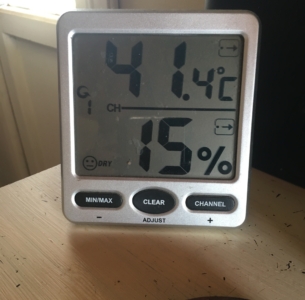
I have been deeply affected emotionally by the trauma of the Black Summer bushfires. Two and a half years later, I still find it hard to talk about it without tears - and yet I want to talk about it.
Read my storyPeople all across Australia are being harmed by climate change. These are some of their stories.
